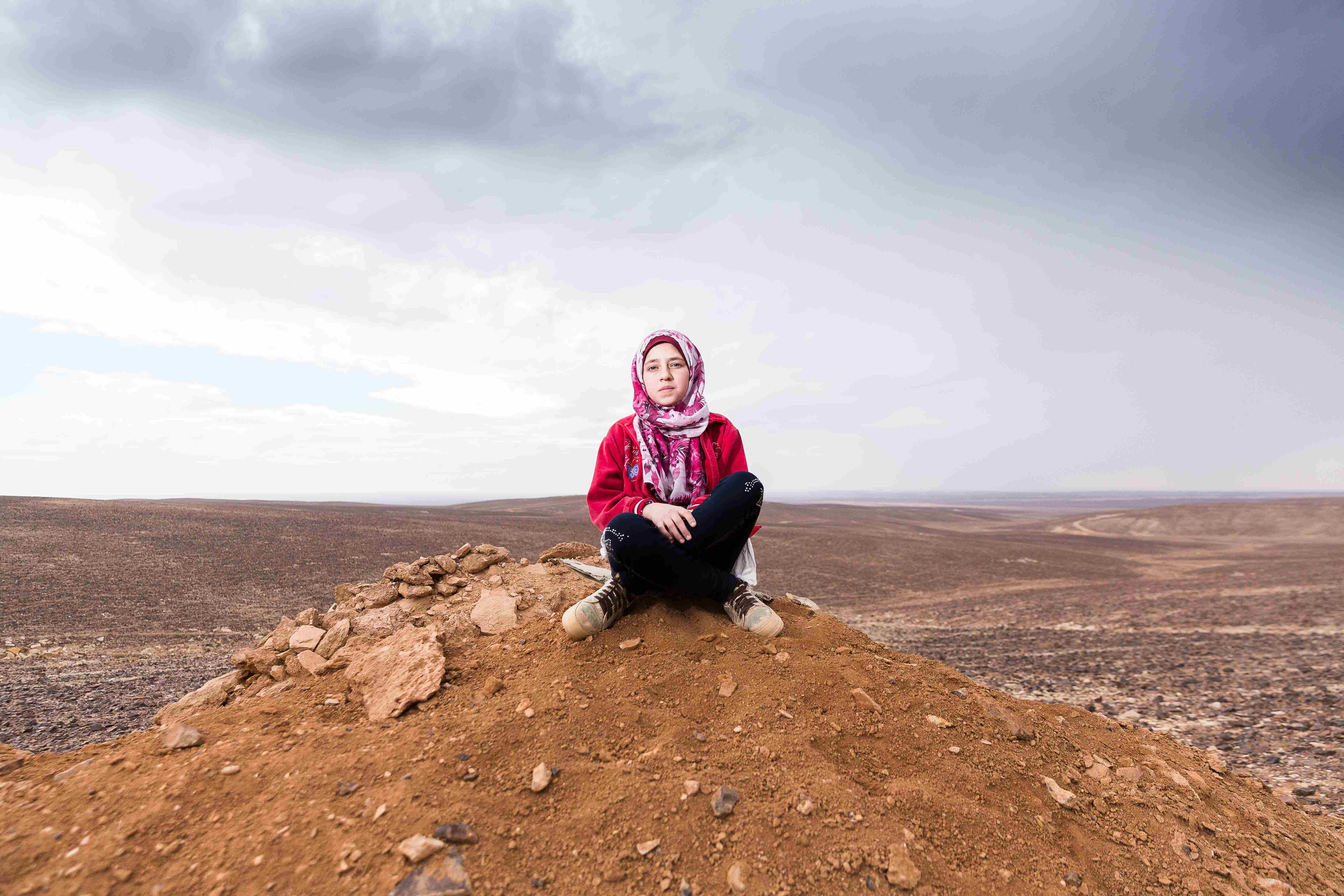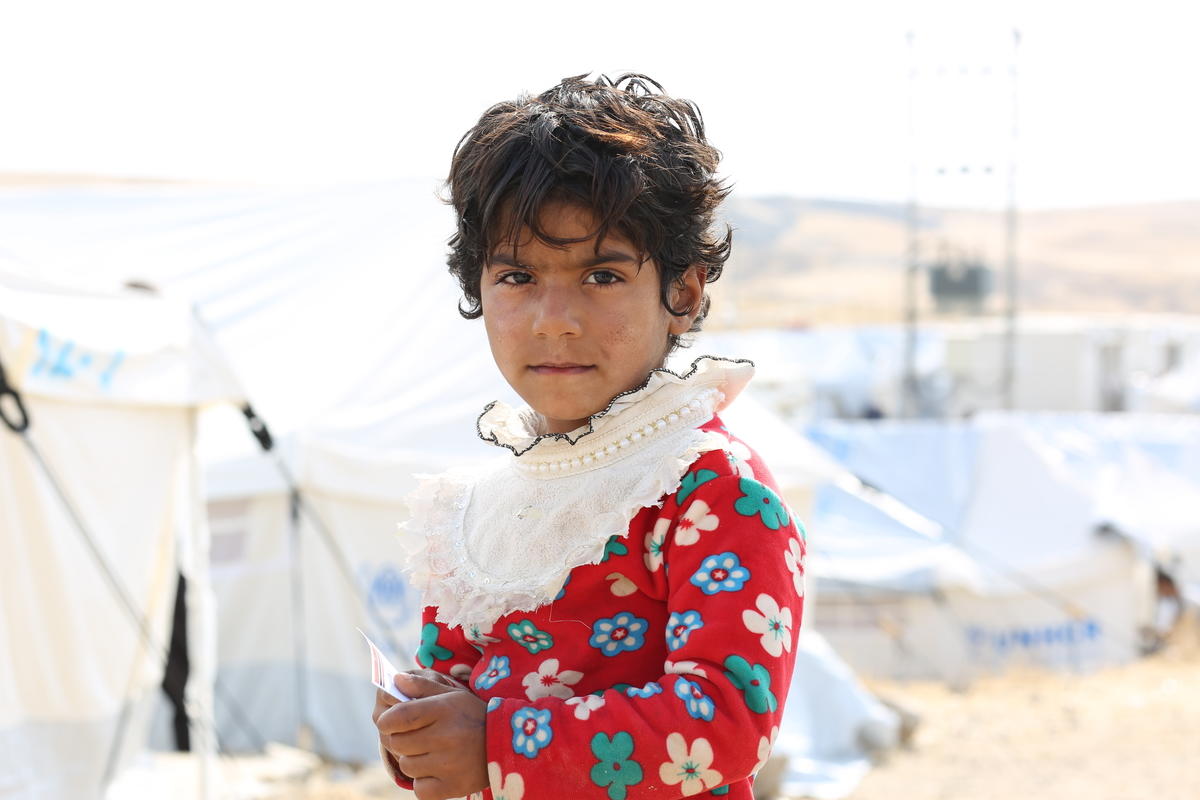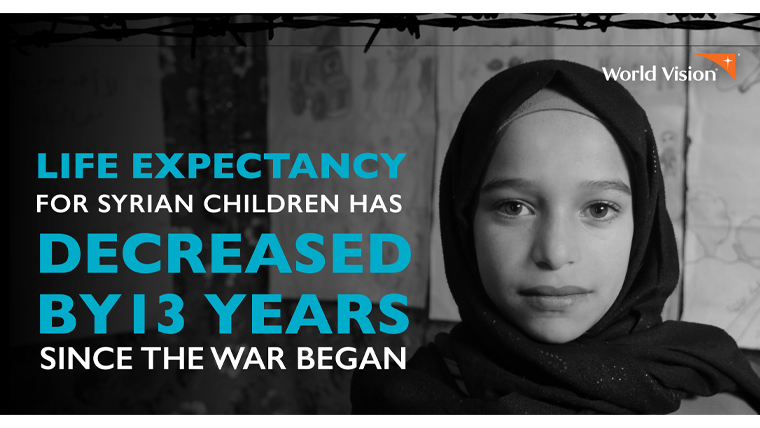
Give regularly
World Vision works with families living in some of the most difficult circumstances – including refugees from Syria and other conflict zones – thanks to regular giving from our supporters.


About Syria’s refugees and how to help
Imagine if tomorrow, the street behind you was bombed. The next week, the local primary school was destroyed. Would you feel safe? Would you feel able to go to work each day? Or would you want to get out of the area as quickly as possible?
What of your job? Your children’s toys and friends? Could you leave your property behind – your business, home, family photos?
No-one decides to uproot their family and abandon everything they’ve ever known lightly. But, according to UNHCR, despite the coronavirus pandemic people are being forced to flee their homes and search for refuge in record numbers.
A substantial amount of this is due to ongoing conflicts and crises, like the war in Syria.
During 10 years of war, an estimated 55,000 children have been killed.
Half the population (almost 11 million people) have run for their lives, leaving property, careers, family and friends, to escape the bombs and snipers that have destroyed whole neighbourhoods.
About 40% of those displaced, both in Syria and beyond, are children, according to latest UNHCR figures.
Today, Syria is one of the most dangerous places in the world to be a child.
Between September 2015 and February 2021, 20,000 refugees from Syria have been welcomed to start new lives in the UK.
But UNHCR estimates 6.2 million people have moved within Syria, and about 5.6 million have left the country, most now in neighbouring Lebanon, Jordan and Turkey.
While they are away from the violence of war at home, they now face new challenges:
This has been daily reality for 10 years now. But, it doesn’t have to stay this way.
